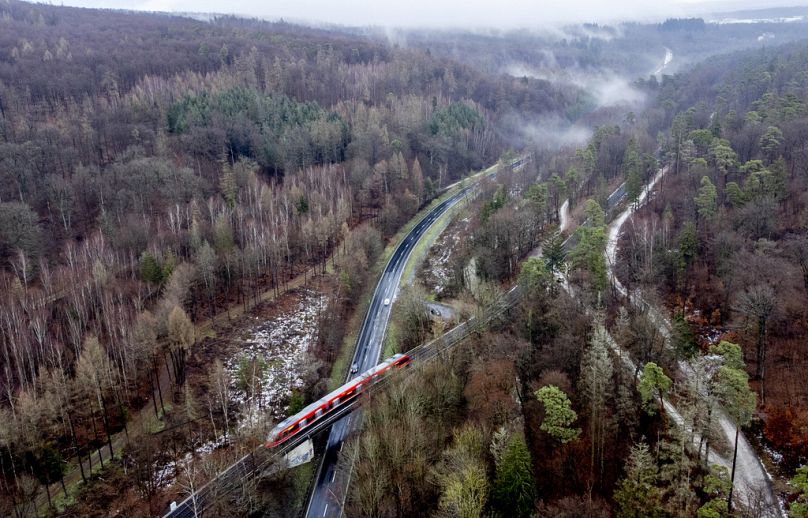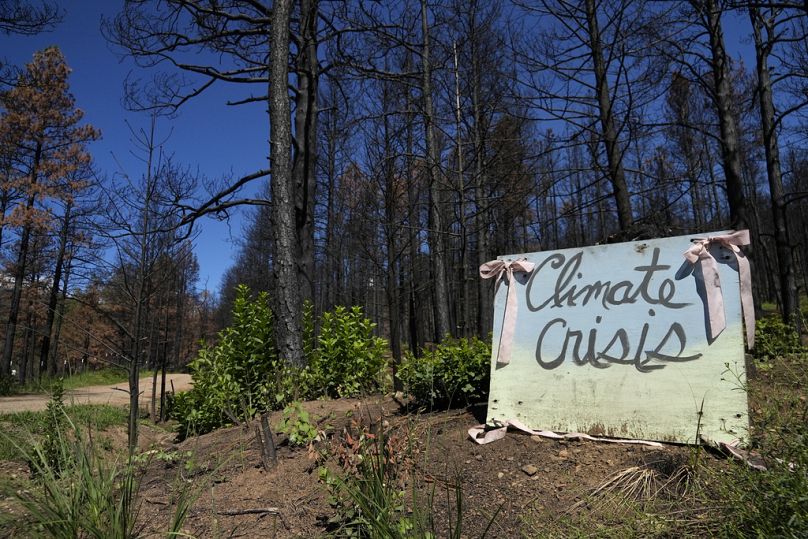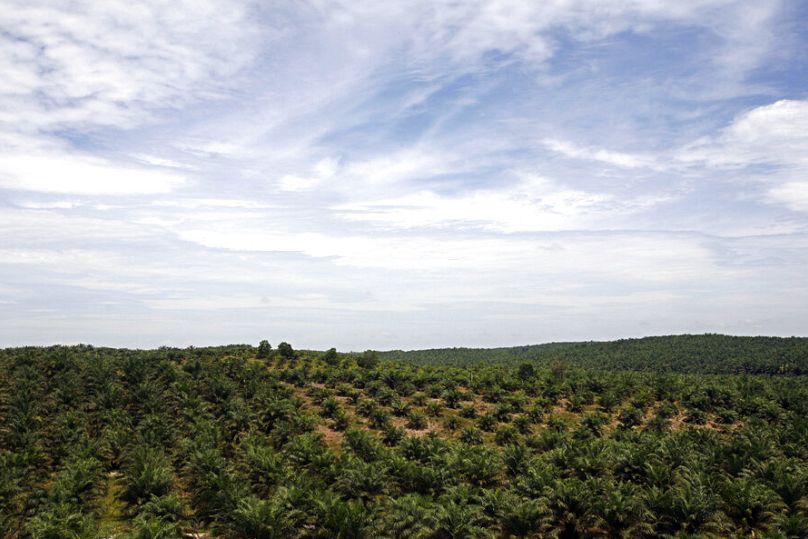
With the latest IPCC warnings on climate change now ringing around the world, no one should be in any doubt of the urgency of tackling global warming.
The good news is that nature provides everything we need to turn the tide on climate change. However, unlocking the power and potential of nature is easier said than done.
For years now, we have understood that nations across Europe should be planting millions of trees every year to tackle climate change and replenish carbon sinks. We can not achieve net zero emissions by 2050 without forest cover.
What is less well understood by policymakers and landowners is the huge value that land that could be used for planting trees could hold.
Landowners across the world are sitting on a wealth of resources that can benefit both the planet and their bottom line. Many just don’t realise it.
Up to 15 million Europeans could benefit from trees planted across the continent
Ahead of International Day of Forests, Arbonics set out to put a value on the land that is available for planting right now.
Arbonics used a combination of proprietary data and data from Eurostat to calculate the extent of land available in Europe and found that there are more than 14 million hectares of land across Europe — equivalent to the whole of Portugal and The Netherlands.

If the entire 14 million hectares were converted to forests, it would have the potential to sequester over 90 million tonnes of CO2 per year on average.
Considering the yearly CO2 footprint of an average European is around 6.19 tonnes, these new forests alone could balance out the emissions of up to 15 million Europeans every year.
That’s the equivalent of balancing the emissions of everyone living in London and Berlin combined — with some to spare.
Adding billions of euros to the economy
Even if only the land that has been abandoned or is too poor-quality for agriculture — estimated to be in the region of 1.1 million hectares — was afforested, it would still capture as much as 9.3 million tonnes of CO2 per year and balance the emissions of 1.5 million people, or the population of Munich.
What’s more, afforesting the 14 million hectares of land across Europe has the potential to add £2 billion (€2.2bn) to the European economy through the use of carbon credits given to landowners across the continent.
Further afield, the US has up to 60 million hectares of land across the country that is suitable for afforestation and reforestation.

Transforming that land with trees could capture 535 million tonnes of CO2 every year, or an equivalent to removing 116 million cars from the road.
Afforestation is distinct from reforestation because it refers to planting new forests in areas that were not forested within the last several decades.
By comparison, reforestation involves planting in areas where forests have been cut or otherwise destroyed.
EU framework can be improved on instead of dismissing it
This is significant because when it comes to the Voluntary Carbon Market, landowners can’t earn certified carbon credits for the trees planted following a harvest.
The carbon credit market is evolving rapidly, and some people have argued that the whole market is flawed and should be scrapped entirely.
However, while flawed, it is the only framework we currently have to drive down the gap between feasible emissions reductions and the CO2 levels we want to maintain. Hence, rather than dismissing it, we should be working to improve it.

By bridging the gap between the voluntary carbon market and the analogue forest and landowners across Europe, we can help landowners understand the store of value in their land — and persuade them to release it for tree planting.
If we want farmers and landowners to plant trees that are great for biodiversity and carbon sinks, we have to incentivise them.
Opening the eyes of landowners and policymakers to the huge value intrinsic in planting the land with trees is just the first stage of a decades-long, multi-generational investment to offset the impact of global warming.
And on International Day of Forest, we have to wake up to the fact that there’s no time to lose.
_Kristjan Lepik and Lisett Luik are the co-founders of Arbonics, an Estonia-based climate tech startup.
_
At Euronews, we believe all views matter. Contact us at view@euronews.com to send pitches or submissions and be part of the conversation.
